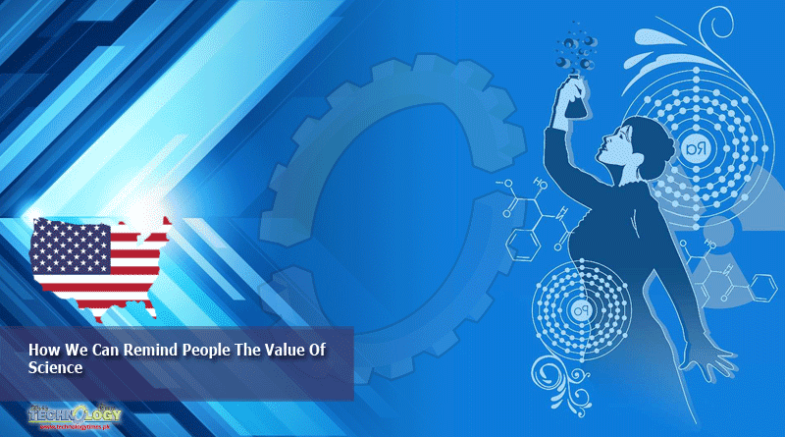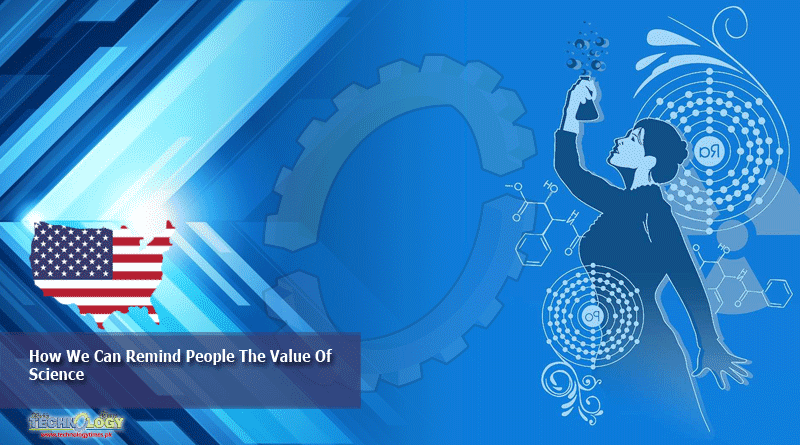Value Of Science, Its Methods, & Results Are Increasingly Questioned By Many Political Leaders & Some Segments Of Public.

By Alfred F. Tallia
We’ve all collectively benefited from the many scientific advancements over the years, so why are there doubts now and more importantly, what can be done to rectify this issue?
Science is a process of testing possible explanations and expanding theories about what we observe based on results. We add these findings to our belief systems to help change our relationships to things, making the world a better place. Science has impacted almost every facet of our daily lives — from discoveries as basic as the electricity that powers the world to our understanding of complex substances such as DNA — which has led to our appreciation of family ancestry and even assisted our criminal justice system to identify criminals and free those unjustly charged or convicted.
As our modern world becomes more specialized, our understanding of science has been increasingly relegated to “experts,” which should not be so. Findings and applications from scientific research must not be understood only by a select few. Scientific findings showing relationships between factors – such as between exercise and longevity – and findings showing causes – mushroom poisoning leading to liver failure – should not be misrepresented.
This, combined with a lack of solid education about general principles underlying science has resulted in widespread distrust and misinterpretations of scientific results. Witness some popular beliefs: There is no human role in climate change or there is no necessity of testing treatments before widespread use — both of which fly in the face of science.
How can we change this? Fundamentally, education is key. We need to improve science education from primary schools through graduate levels. The tolerance of educated citizens not understanding fundamental principles of the scientific method or some of the essential scientific applications enabling our civilization, like electricity and medicines, is not acceptable.
Scientific reporting also needs improvement. Communication from many news media and proprietary companies exaggerate results based on preliminary studies. We should all question the validity of these communications if they are not backed up by rigorous peer review and larger confirmatory studies.Charlatans and proponents of pseudoscience and fraudulent scientific practices need to be called out. Leaders at all levels need to play an essential role in combating false communications and counter-messaging touted as truth that are mere speculation. The scientific community itself bears the responsibility to honestly communicate and distinguish new discoveries and unverified findings from the evidence multiple confirmatory research studies bring. The latter transforms discoveries into generally accepted theories.
Finally, we must recognize what science cannot provide. Science is based on evidence and reason. value of science is not a substitute for judgments and faith about what should be as opposed to what is. Human progress is dependent on this distinction and their interplay. Yet in this election season, we must guard against the extremes that either ignore or misuse science and those that misappropriate its powers for political gains.
In the longer term, if we ignore promoting widespread understanding of science, the results will be what we currently see: Using scientific ignorance to subvert democracies through the usurpation of power. That is an outcome none of us should tolerate.
This news was originally published at nj.com
